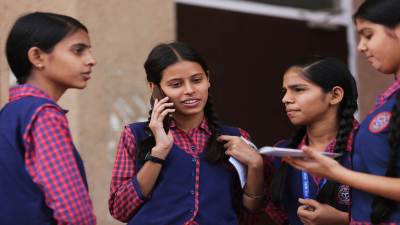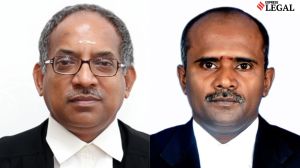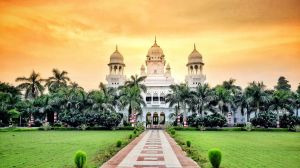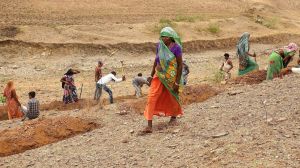Row over Zakir Naik’s possible appearance at Qatar FIFA world cup: Who is the fugitive preacher
Who is Zakir Naik and what charges does he face in India? We explain.
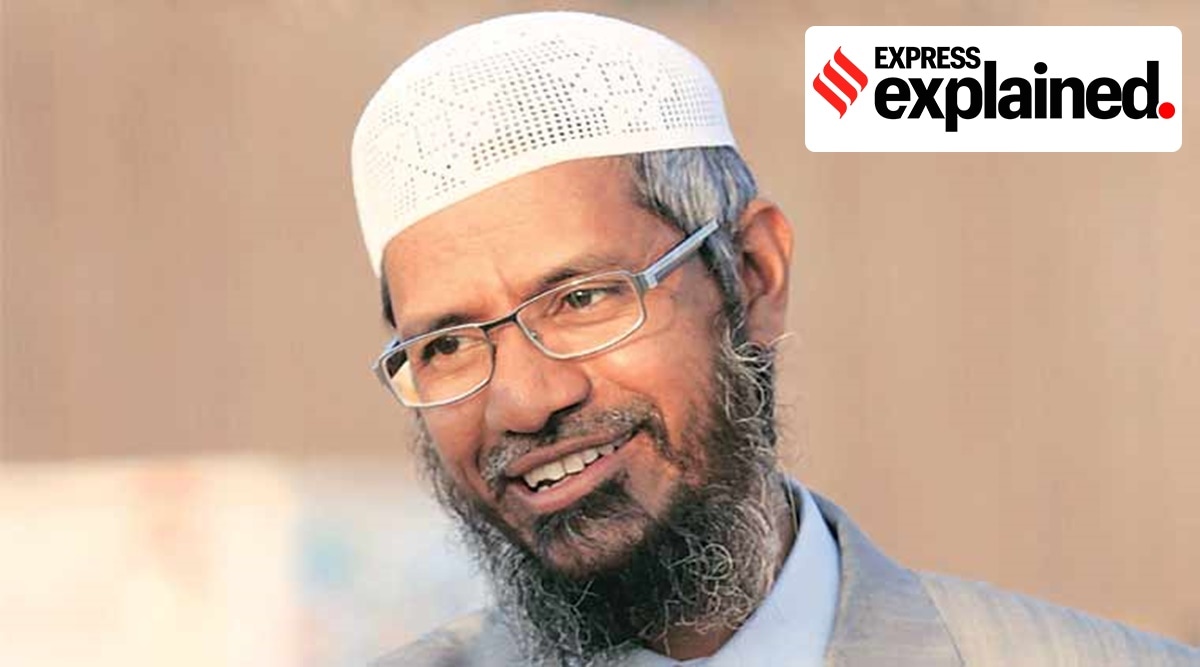 Zakir Abdul Karim Naik, 57, is a fundamentalist Islamic preacher who fled India in 2016 amid charges of spreading hatred and money laundering. (File)
Zakir Abdul Karim Naik, 57, is a fundamentalist Islamic preacher who fled India in 2016 amid charges of spreading hatred and money laundering. (File)Ministry of External Affairs (MEA) spokesperson Arindam Bagchi said Thursday that Qatar has told India that no invitation was extended to Zakir Naik to attend the ongoing FIFA World Cup 2022, news agency ANI reported.
Bagchi added that the issue of Zakir Naik being a “wanted” criminal in India has been raised with Qatar.
Earlier, amid reports that controversial Islamic preacher and fugitive Zakir Naik could be invited to the FIFA World Cup underway in Qatar, Union Minister Hardeep Puri on Tuesday said if that happens, India would convey its views in the “strongest possible terms” to the authorities concerned.
“I am sure India took it up and will take it up. But the point is he is a Malaysian national and if he is invited somewhere… whether they knew, I have no knowledge of that. I have as much access to information as you have. We (India) have our views on him and I am sure they will be conveyed in the strongest possible terms to the concerned authorities,” the minister said.
Meanwhile, BJP spokesperson Savio Rodrigues appealed to Indians to boycott the world cup over the issue. In a video he tweeted, Rodrigues said, “The FIFA World Cup is a global event. People from all over the world come to witness this spectacular sport and also millions watch it on TV and the Internet. Giving a platform to Zakir Naik, at a time when the world is fighting global terrorism, is to give a platform to a terrorist to spread his radicalism and hate.”
Who is Zakir Naik, why is he in Malaysia, and what charges does he face in India?
Who is Zakir Naik
Zakir Abdul Karim Naik, 57, is a fundamentalist Islamic preacher who fled India in 2016 amid charges of spreading hatred and money laundering. When confronted with allegations of hate speech, Naik has consistently maintained that his statements are “twisted” and “misrepresented”. His speeches are broadcast on the channel Peace TV, which is banned in India, Canada, UK, and Bangladesh. His trademark dress is the ‘modern’ western suit, along with a skullcap.
Naik was born in Mumbai and finished his education, including an MBBS degree, in the city. He got involved in socio-religious activities in his 20s, and eventually founded the Islamic Research Foundation (IRF), which is now banned in India.
He gained international attention when one of the accused in the 2016 Dhaka cafe attack, which killed 22 people, said he was inspired by Naik’s speeches.
The same year, India’s counterterrorism agency filed an complaint against Naik, accusing him of promoting religious hatred and other unlawful activities. On November 17, 2016, the IRF was declared an unlawful organisation under the Unlawful Activities (Prevention) Act, 1967 (37 of 1967) by the Centre.
When the ban was extended for another five years in November 2021,the Union Home ministry, in a notification, said the IRF has been indulging in activities prejudicial to the security of the country and have the potential of disturbing peace and communal harmony.
About Naik, the notification said he has been “encouraging and aiding followers to promote or attempt to promote, on grounds of religion, disharmony or feelings of enmity, hatred or ill-will between different religious communities and groups which are prejudicial to the integrity and security of the country.”
Flight to Malaysia
In 2017, Naik sought asylum in Malaysia, where he is now a permanent resident. While India has been trying to extradite him, not much progress has been made in this regard. Interpol has refused to issue a Red Notice for Naik.
In 2019, Malaysia Prime Minister Mahathir Mohamad had said his country had the right to not extradite Naik if he “would not be accorded justice” in India.
The same year, the preacher was banned from speaking in public in Malaysia, after he allegedly made racial remarks against the country’s ethnic Hindus and Chinese communities. Naik later apologised for these remarks. Mahathir then said Naik was trying to “stir up religious feelings”.
In 2020, Naik claimed the Indian government had offered him safe passage in the country if he spoke in favour of the abrogation of Article 370.
Photos
- 01
- 02
- 03
- 04
- 05


